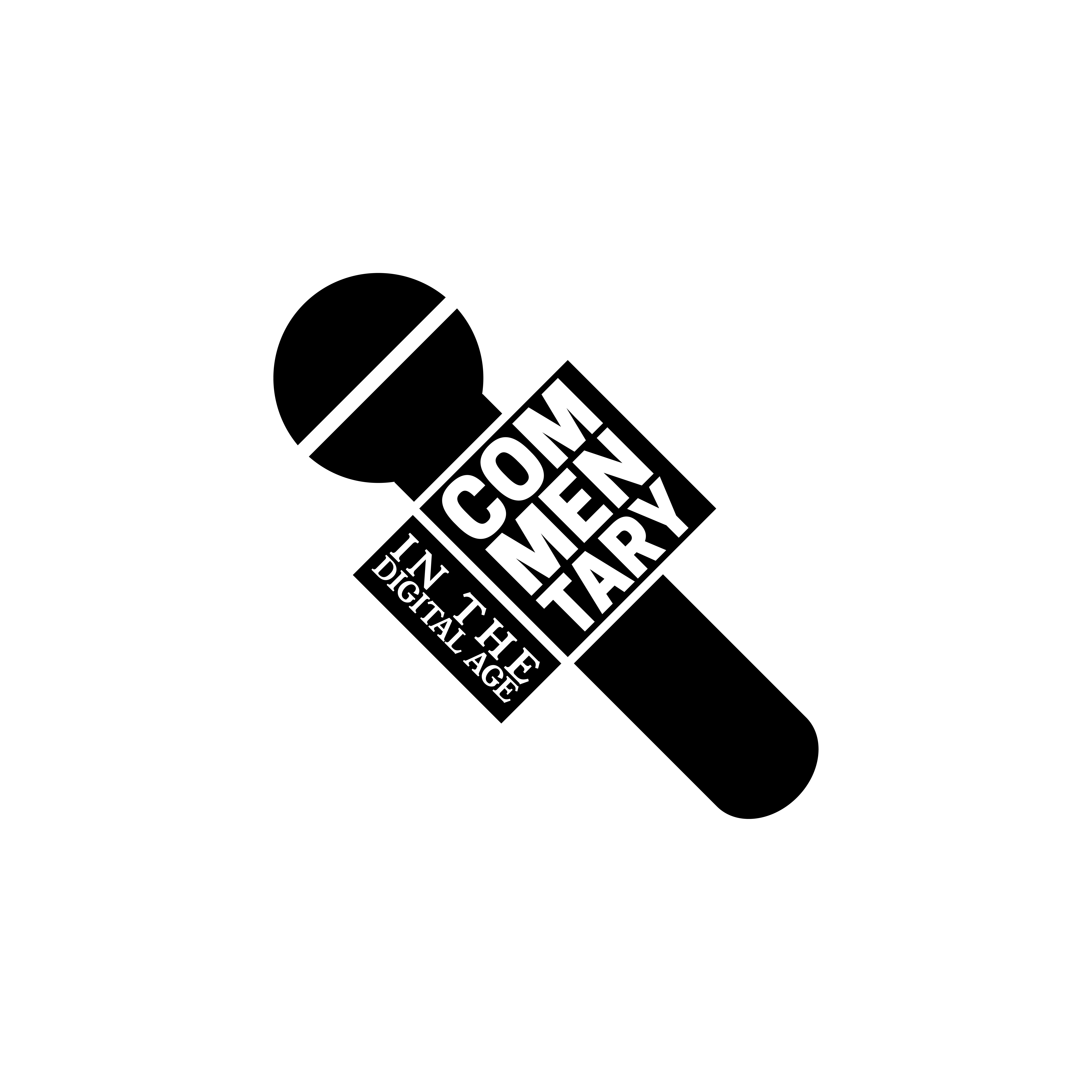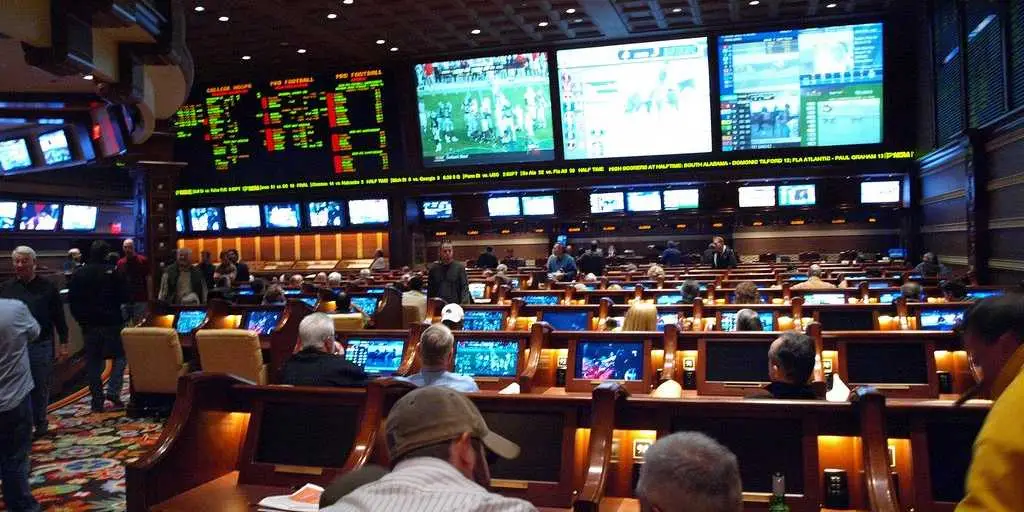It’s no secret that sports betting has become among the fastest growing business in sports in recent years, thanks to the advent and legalization of mobile betting. From a time when such activity was frowned upon by those on the inside, it is now encouraged by many professional sports teams through advertisements and official partnership with major sportsbooks like MGM, Caesars, and FanDuel – just to name a few. Most stadiums, including those in Arizona, now have sportsbooks on-site either inside the venue or right next to it.
It’s all become too much, and had led to other issues that are now nearly impossible to solve. Athletes and coaches are now being harassed online when the outcome doesn’t land in the bettor’s favor. Consumers are being fed with sports betting advertisements nonstop. Underage betting is a major problem, especially among college-aged individuals. And bettors are falling victim to gambling addictions, due in part to the betting incentives offered and advertised by the sportsbooks.
When I came to college, I knew it existed and has always been around, but was privy to just how prominent it was becoming until I saw my friends talking about it, and some even engaging in it, on a regular basis. I’ve never been a sports gambling degenerate, as they call it, but I’d be lying if I said I’ve never placed a bet.
It’s one thing to place money on the moneyline, total points scored, or spread of a game, or to join a fantasy league with some friends and colleagues. But now, bettors can scroll through the endless options of prop bets and build parlays of any size. This is where it’s too much for the average fan and bettor.
All these lines, even the basic ones, can be deeply researched and studied to find the best play for a particular game. It was unthinkable just a few years ago that someone could have a whole career in sports betting. However, for those who don’t look at it on a regular basis, it’s too consuming.
Harrassment of athletes and coaches has become one of the biggest concerns in sports overall, as fan misconduct has reached new lows. In a recent postgame press conference, Arizona State baseball head coach Willie Bloomquist opened with a strong statement about the abuse his family and players received after a tough road trip the weekend prior.
“I don’t get on social media,” Bloomquist said. “I don’t read that stuff. But it has come to my attention that people out there are threatening my players and their family. That’s bullshit. If you’re going to threaten my players and my family, come threaten me instead.”
“The message to you sick people out there that are hiding behind a keyboard and a burner account, you’re cowards. That’s bullshit. These kids are competing their asses off. I take that personally.”
It has not been confirmed if Bloomquist’s remarks were directly related to betting activity, but still serves as an example of how fans react to their team’s losses. Regardless, personal threats toward an athlete negatively impacts his or her mental health, another topic that is not talked about enough.
Sports are meant to be fun and entertainment. Under no circumstance, do they give fans a right to directly attack team personnel when an unfavorable outcome occurs, especially college athletes.
Bloomquist added, “These are college kids. They’re not pros. They’re competing their asses off out there. Sometimes they’re going to give it up. Sometimes they’re going to give it up [or] go through a tough stretch.”
“It does not give people a right to get on social media and threaten my players.”
More importantly, the athletes aren’t even thinking about your betting interests.
“You do whatever you want. It’s your money,” Ball State junior infielder Ben Giovannetti said. “I don’t really think about it when I’m the field at all.”
In September, University of Wyoming beat writer Alex Taylor reported, “[Football head coach] Jay Sawvel said he got an email that said, ‘They hoped that I got shot,’ after the Arizona State game.”
The NCAA is aware of this issue toward its athletes and debuted a “Draw the Line” campaign during this year’s NCAA Basketball Tournament to protect its athletes from these kind of threats. A study last year found that 1 in 3 student-athletes received abusive messages from bettors, 80% of them basketball athletes. The study also found that women’s basketball athletes received three times more threats than men’s.
“These actions severely threaten student-athlete mental health and well-being, while harming the college athletics environment,” NCAA President Charlie Baker said in a press release. “We need fans to do better. We need states to do better and ban player props that target student-athletes and enable detrimental abuse.”
I give credit to the NCAA for their proactive advertising during the Tournament, but I agree with Baker about banning prop bets in collegiate athletics. Even still, I don’t think that would solve the issue completely, but it will help a majority of it. To fully protect the athletes completely, college betting needs to be banned altogether.
In recent years, sportsbooks began sponsoring many professional sports franchises and their networks across the country. Nine Major League Baseball teams are broadcasted on FanDuel Sports Network, which include the odds and other betting info on the ticker and scorebugs during the game.
For decades, the leagues and teams have rejected all notions of sports betting and all have policies in place against sports betting for their employees. Yet, these partnerships contradict that viewpoint and basically encourage people to bet.
Several professional athletes have been disciplined for betting within their sport, Pete Rose being the most prominent example. A World Series champion and the all-time hits leader, Rose has since been permanently banned from all of Major League Baseball and the Baseball Hall of Fame for betting on his team while a manager. More recently, Shohei Ohtani was nearly engulfed in betting malpractice because of his interpreter. Ohtani was found innocent, but as long as the betting industry grows, the probability for these infractions will continue to threaten the integrity of the game.
In a sports issues class I took last spring, ASU associate teaching professor Daniel McIntosh noted that this change in the teams’ point of view came as a result of the COVID-19 pandemic. With limited fans in attendance, if at all, and significant losses of revenue, sports betting presented a quick and easy revenue source with minimal operating costs. Thus, the betting partnerships began.
Today’s commercial breaks bombard viewers with betting ads nonstop, to a point where it can get overwhelming for the viewer and tempt them even more to want to join the action. These ads are a bad look for the teams’ values and what they promote.
“The advertisement of sports betting is glamorizing that you can bet on any sport and win money,” Giovannetti said. “All I ever watched growing up was the NFL, MLB, NBA because I wanted to be an athlete. So, I guarantee there is a pretty good chunk of professional sports viewership being kids and I don’t think that’s a great example to be on advertisements.”
“I liked watching sports a lot better when I didn’t have betting on my mind,” Bet365 trading assistant Asher Hyre said. “Now with these advertisements constantly popping up, I think it’s bad for kids who are a decent part of their audience.”
“These kids are going to see this at 10 years old then when they turn 18, they’re going to start sports betting because they think they know better than Vegas.”
Mobile sports betting has made it even easier for underage sports betting to occur, and the advertisements certainly play a part.
“I’m not really mad if you’re like 18 and betting, but it’s the exposure these kids are getting when they’re 10 or 12 on TV and it’s like ‘Oh, it’s a normal thing for people to be betting on every single game,’ but it wasn’t really normalized until a couple years ago.”
Despite well-intended advertising for responsible gambling, it’s easy to get addicted. These warnings can only go so far. Nearly every sportsbook has daily promotions for bonus bets and other incentives to draw the fans in, causing them to bet more in the long run. The psychological deception and lack of transparency poses a major ethical dilemma for the businesses.
“Every single market on the website is profitable for the book,” Hyre said. “They price it out to where you can have one team’s moneyline at -110. And you would think a fair price for the other team would be +110, but it’s actually -110. So they make money regardless. I don’t think there’s any real fair price out there.”
Added Hyre: “Maybe you’ll notice on FanDuel they offer a 50% boost on yes or no run 1st inning. That boost before the boost is actually the worst boost out of all sportsbooks because they’re offering that boost that other sportsbooks aren’t. So it may look like you’re getting a great price but in reality, you’re really not.”
At the end of the day, this is a business at the end of the day and the companies are going to maximize their profits by any means necessary, but that doesn’t mean it’s right. Although sports betting gives fans a rooting interest in situations when they otherwise wouldn’t, it’s gone too far and needs to be reigned back in. Doing so is critical to maintaining.


